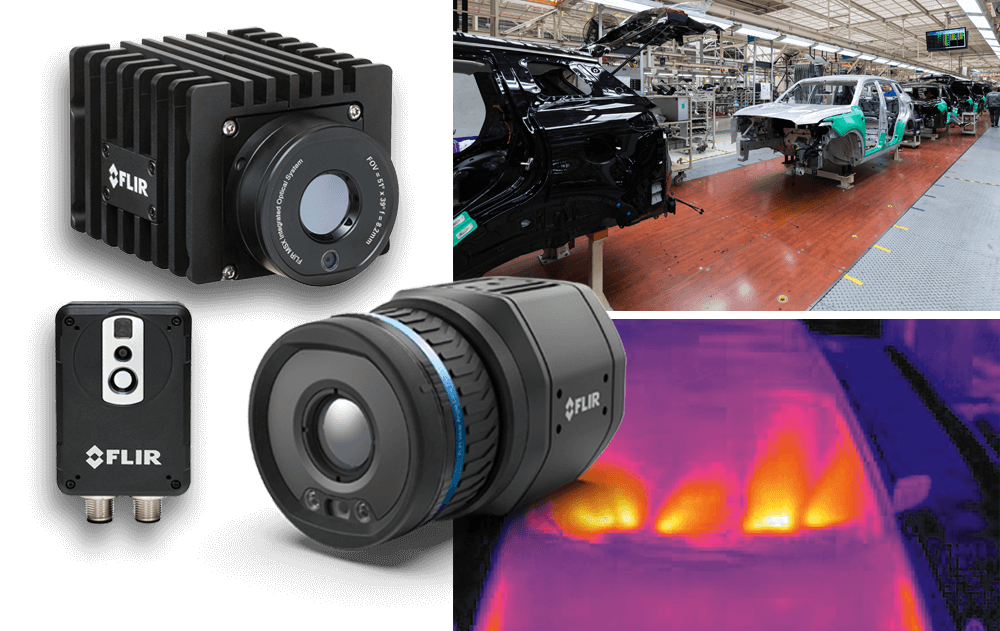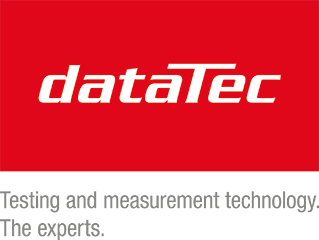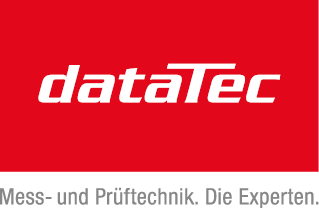#statusMessage#
Do you want to start the compare now?
#statusMessage#
Do you want to start the compare now?

With the increasing importance of renewable energies in the wake of climate change, solar energy is moving further into ...

The complexity of military radios and the often harsh weather conditions have a negative impact on the reliability of ra...

Automation with thermal imaging technology has proven to be a reliable solution for quality control in various industrie...

In diesem exklusiven Whitepaper erfahren Sie, wie Sie mit der richtigen Messtechnik arbeiten: ✔ Sie realisieren ein Test...
Manufacturer number: RP7971A
On Request
The Keysight RP7971A bidirectional DC power supply combines a powerful DC source and regenerative electronic load in one device (2-quadrant mode). Its integrated safety functions protect both the user and the test object, so that even critical battery conditions can be emulated safely. The excess energy emitted by the test object can be fed back into the supply network with low losses, thus reducing energy costs for power consumption and cooling.
The RP7900A series regenerative energy system can continuously reduce up to 100% of its rated current indefinitely. The transitions between source and sink current are seamless and without changing the output behavior. With the battery emulation function, different power and load conditions can be simulated, allowing realistic characterization of battery capacity and operating time. Programmable resistors take into account the real output impedances of a battery and thus emulate its operation in different states of charge.
Use the RP7971A power system as a current source or as an electronic load, just like a battery:
PV Mode:
The Keysight RP7970/RP7980 series bidirectional power supplies help you test and maximize the performance of your inverter by simulating PV systems. They are able to simulate the performance characteristics of a PV system under different environmental conditions (temperature, irradiation, age, cell technology, etc.) and allow you to quickly and comprehensively test the MPPT (Maximum Power Point Tracking) algorithms and the efficiency of the inverter.

